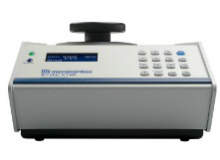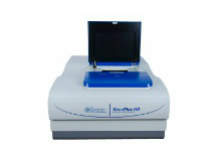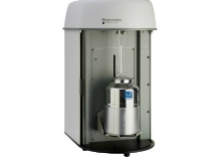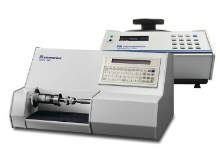Micromeritics to Take Part in University of Maryland Pharmaceutical Tablets and Capsules Hands-On Short Course
The University of Maryland’s School of Pharmacy is set to hold its second annual Tablets and Capsules Hands-On Short Course.
From 20-14 October, School of Pharmacy and industry experts will present a general overview of the production of multi-particulate beads, capsules, and tablets utilising lectures and practical learning through extensive laboratory exercises. Micromeritics will give a lecture and participate in the hands-on laboratories highlighting a number of materials characterization techniques used in the pharmaceutical industry.
A major goal of this short course is to give students a thorough understanding of tablet and capsule manufacturing. The programme is designed to take participants through the entire process from raw material assessment and formulation development, through manufacturing, to end-product testing and quality control using process analytical technology (PAT) methods. Micromeritics will present a lecture that covers sampling, particle size and distribution, surface area and shape, bulk properties, density, porosity, particle-particle interactions, and flow.
In addition to lectures, the programme includes a series of comprehensive labs where unit operations such as milling, mixing, granulation, spray drying, compression, encapsulation, and coating will be discussed. Micromeritics scientists will assist in several of the laboratory sessions covering a variety of material characteristics including surface area, envelope density, skeletal density, particle size, and particle shape.
These labs will also include demonstrations of Micromeritics’ instruments used by the pharmaceutical industry to include the Saturn DigiSizer High-Definition Laser Particle Size Analyzer, Particle InSight Dynamic Image Analyzer for measuring particle size and shape, and AccuPyc II Gas Displacement Pycnometer for determining true and skeletal density.
The short course is designed for industrial researchers who work in the areas of formulation development, process development, quality control, and administration. This training is also beneficial for DFA regulators working in Chemistry, Manufacturing and Control (CMC) and labs involved in product quality evaluation.





